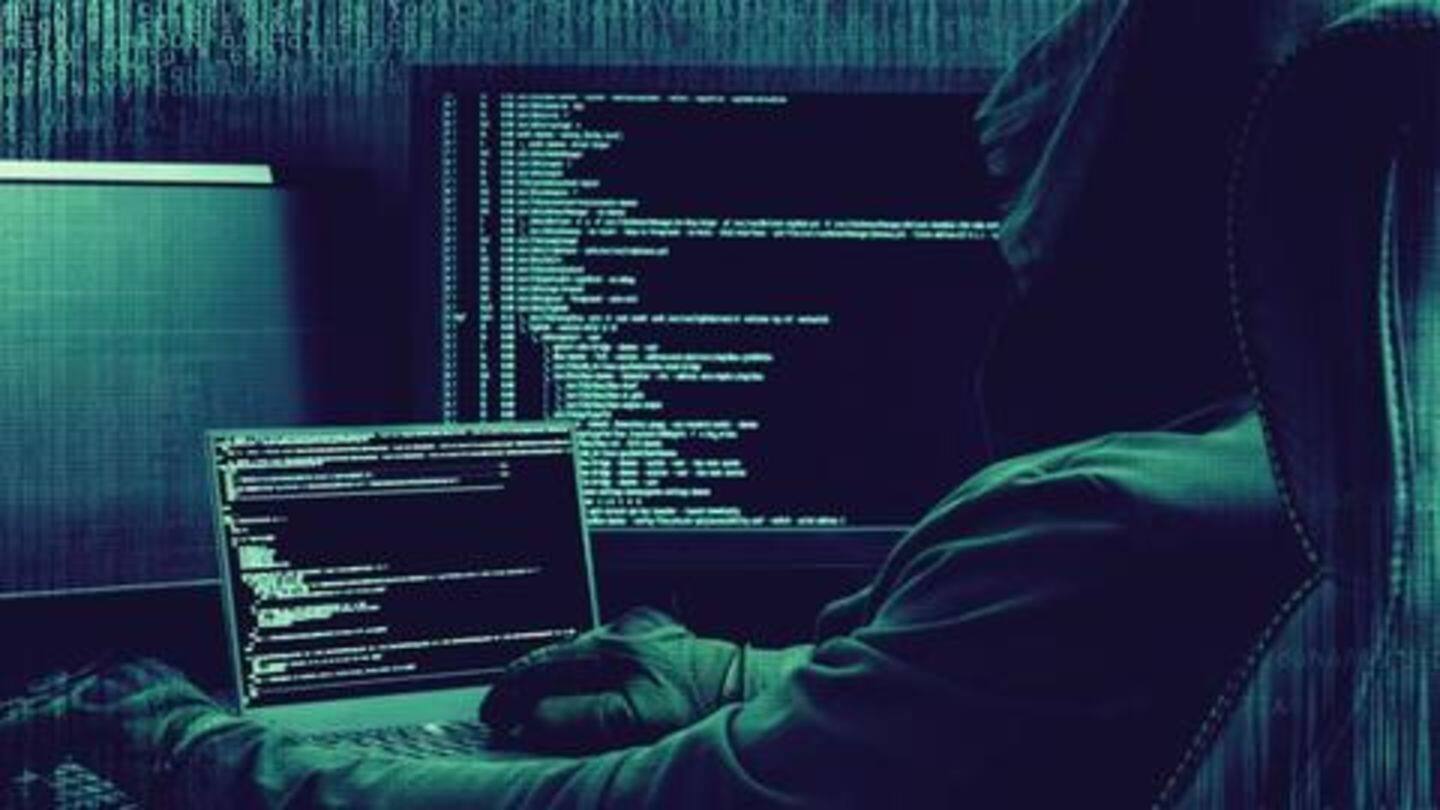
#NewsBytesExplainer: Everything you need to know about 'dark web'
What's the story
Whenever we hear about cybercrimes such as child abuse or sale of stolen data, weapons, etc., the word "dark web" comes into play.
The reference has led to the notion that dark web is that part of the web where all shady activities take place.
But, the fact is, there is more to it than illegal activity.
Here's our guide to help you understand.
Meaning
First, what exactly is dark web?
In simplest terms, the dark web, or darknet, is a collection of thousands of websites with encrypted content.
It exists on overlay networks that use the traditional internet but are accessible only with a suite of specific secure-browsing tools.
For instance, you could use Tor (the onion router) to securely browse sites making up the dark web.
Benefit
Enabling private, anonymous browsing
The secure tools hide the IP addresses of the servers running dark web sites as well as the user network traffic going to and from them.
This way, they enable a system that allows you to browse with complete anonymity. There is no risk of ISPs logging your internet activity on the directive of the government or marketers and VPN providers tracking you.
Working
How Tor and other tools make your web traffic invisible
To ensure anonymity and provide access to protected dark web websites, Tor and other tools encrypt the web traffic in layers and then bounce it randomly through computers around the world.
This prevents third-parties, including search engines, from decrypting the origin and the destination of the traffic, seeing who is visiting the site, and where the site's servers are located, among other things.
Impact
This anonymity often invites shady uses
The fact that dark web sites are untrackable and can be accessed with complete anonymity evidently invites illegal uses.
People often create dark web marketplaces to sell drugs, guns, identities, credit card numbers, stolen user data, etc. while shielding their servers from identification and takedown by law enforcement.
Meanwhile, people using Tor access these sites to covertly purchase illegal items by paying bitcoins.
Legitimate uses
Many legitimate uses are also possible
However, the anonymous and private nature of the dark web can also be used for legitimate reasons.
For instance, tech companies, news organizations, universities, and activists in repressive regimes use the dark web for anonymous whistleblowing as well as protection from government-backed censorship and surveillance.
There are also many who use Tor and the dark web simply for being private and anonymous online.
Important
Remember: Accessing dark web will not get you into trouble
That said, it must be noted that accessing dark web is not illegal but exploiting that access for shady activities, like buying/selling child pornography, is.
So, as long as you are using the dark web for innocuous/legal purposes, you will not get into any trouble.
The UN recognizes encryption as a fundamental human right, while the US State Department helps fund the Tor project.
Information
Always exercise caution on the dark web
When you use the dark web, do keep in mind that it works just like the regular web but offensive and potentially problematic material could be sitting just a click away. This means you should be extremely careful while accessing it.